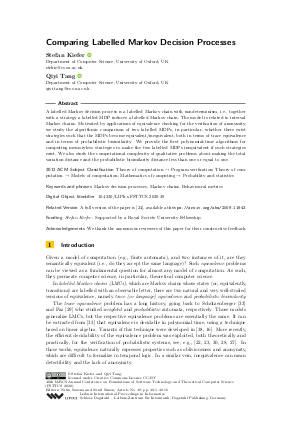LIPIcs.FSTTCS.2020.49.pdf
- Filesize: 0.58 MB
- 16 pages

 Creative Commons Attribution 3.0 Unported license
Creative Commons Attribution 3.0 Unported license




































Feedback for Dagstuhl Publishing